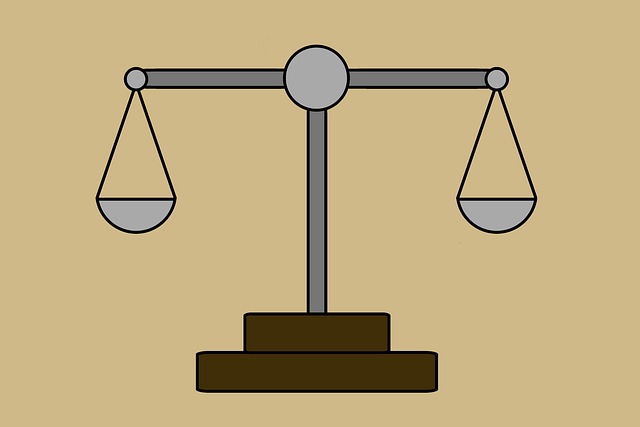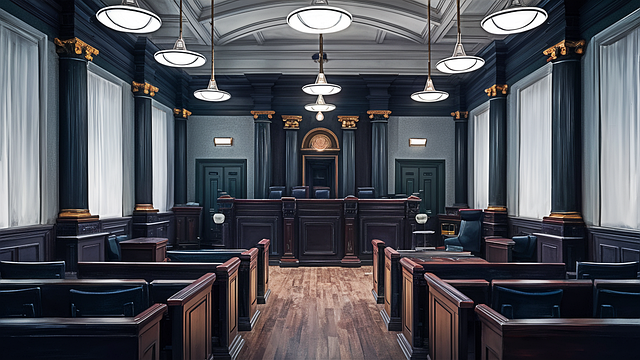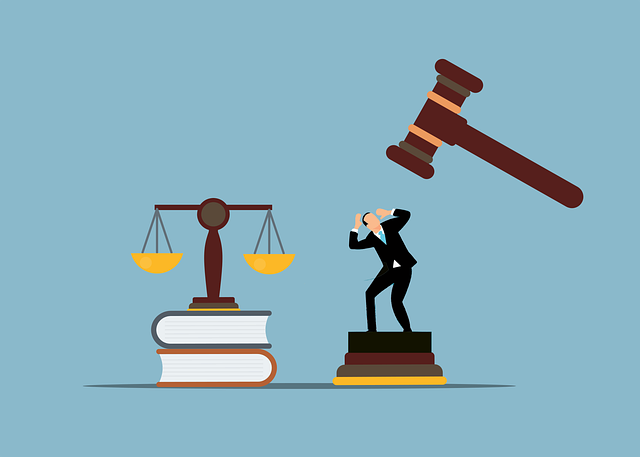Oregon's criminal justice system prioritizes fair trials and robust legal defenses, with a comprehensive process that includes Miranda rights, consultation with attorneys, pretrial investigations, formal charges, court proceedings, and appeals. Criminal justice defense attorneys play a crucial role in guiding clients through these steps, ensuring their rights are protected and strategic arguments are made to achieve just outcomes. Understanding this system is essential for both legal professionals and those facing criminal charges.
“Oregon’s criminal justice system offers a unique approach to criminal defense, with procedures that can significantly impact an accused individual’s outcome. This comprehensive guide navigates Oregon’s legal landscape, focusing on the rights and steps involved in criminal defense. From initial accusal to post-verdict appeals, we explore the intricate process.
Learn about the rights of accused persons, the initial stages of defense, pre-trial investigations, courtroom strategies, and available appeal options. Understanding these procedures is crucial for anyone seeking to navigate Oregon’s criminal justice system effectively.”
- Oregon's Criminal Justice System Overview
- Criminal Defense Rights of Accused Individuals
- Initial Steps in Criminal Defense Procedures
- Pre-Trial Phase: Investigation and Filing
- Courtroom Proceedings and Strategies
- Post-Verdict: Appeal Process and Options
Oregon's Criminal Justice System Overview

Oregon’s criminal justice system is designed to balance public safety with the rights of the accused. At its core, the system revolves around a robust legal defense process, ensuring that individuals facing criminal charges have the opportunity to present their side and challenge evidence against them. This state has established procedures aimed at providing a fair trial, where criminal justice defense strategies play a pivotal role.
The Oregon legal framework recognizes the importance of competent legal representation, allowing defendants to mount effective defenses. From the initial stages of an investigation to court proceedings, criminal justice defense attorneys navigate complex laws and regulations. They scrutinize evidence, challenge procedural irregularities, and develop strategic arguments to protect their clients’ interests. Understanding these procedures is crucial for anyone interested in Oregon’s criminal justice system and the rights guaranteed to those accused of a crime.
Criminal Defense Rights of Accused Individuals

In Oregon, accused individuals enjoy a robust set of criminal defense rights guaranteed by both state and federal constitutions. These rights are designed to ensure fairness and protect against potential wrongful convictions. One of the core rights is the right to remain silent; individuals are not required to provide self-incriminating testimony. Additionally, they have the right to legal counsel, allowing them to consult with an attorney to build a strong defense strategy. Oregon’s criminal justice system mandates that defendants be informed of these rights, ensuring they understand their options and can make informed decisions during their interaction with law enforcement.
Another vital right is the ability to confront accusers and present witnesses in court. This process enables accused persons to challenge evidence against them and question witnesses directly, a crucial aspect of criminal defense strategies. Oregon courts recognize the importance of these rights, ensuring they are respected throughout the legal proceedings. Understanding and exercising these protections can significantly impact the outcome of a criminal case, making it imperative for individuals facing charges to be aware of their constitutional entitlements.
Initial Steps in Criminal Defense Procedures

In Oregon, the initial steps in criminal defense procedures begin with the arrest or citation of an individual suspected of committing a crime. Following their apprehension, the defendant is read their Miranda rights, ensuring they understand their constitutional rights during questioning and providing protection against self-incrimination. This critical stage sets the foundation for the entire legal process, as it protects both the rights of the accused and the integrity of any evidence collected.
Once arrested, individuals are typically taken to a police station or detention center where they can retain or consult with an attorney. The next crucial step is filing a formal response to the charges. This usually involves entering a plea of guilty, not guilty, or no contest in court, after which pretrial proceedings commence. During this period, criminal justice defense attorneys carefully review evidence, identify potential legal defenses, and strategize for trial, aiming to protect their client’s rights and ensure a fair outcome.
Pre-Trial Phase: Investigation and Filing

The pre-trial phase in Oregon’s criminal justice system is a critical period where the groundwork for the trial is laid, and the defendant’s rights are protected. It begins with an investigation conducted by law enforcement and prosecutors to gather evidence and build their case against the accused. This involves interviewing witnesses, collecting physical evidence, and reviewing any available surveillance footage or digital data. The goal is to establish a robust understanding of the crime and identify potential defenses for the defendant.
Once the investigation is comprehensive, the prosecution moves forward with filing formal charges. They submit an indictment or information to the court, outlining the specific criminal offenses alleged against the individual. This document serves as the blueprint for the upcoming legal proceedings, ensuring that both parties are well-informed about the nature of the case. The pre-trial phase also includes various administrative tasks, such as setting a trial date, arranging for expert witnesses, and ensuring the defendant’s access to legal representation throughout this critical process in Oregon’s criminal defense procedures.
Courtroom Proceedings and Strategies

In Oregon’s criminal justice system, courtroom proceedings play a pivotal role in shaping the outcome of a case. Once an individual is charged with a crime, they are entitled to a fair and impartial trial. The defendant, represented by their chosen criminal justice defense attorney, will face off against the prosecution in what can be a complex legal battle. During these proceedings, strategic planning and effective communication are key. Defense attorneys must navigate through intricate rules and regulations, presenting evidence, questioning witnesses, and constructing a robust defense to counter the state’s case.
The court typically adheres to structured protocols, ensuring a just process. This includes opening statements from both sides, presentation of evidence, direct and cross-examination of witnesses, and ultimately, closing arguments. A well-prepared criminal justice defense strategy can significantly impact the verdict. Attorneys may employ various tactics such as challenging evidence admissibility, highlighting procedural errors, or presenting alternative explanations to mitigate their client’s involvement in the alleged crime. Understanding these procedures is crucial for both legal professionals and those facing criminal charges to ensure a fair and just outcome.
Post-Verdict: Appeal Process and Options

After a verdict is reached in an Oregon criminal trial, either the defendant or the prosecution may choose to appeal the decision. The appeal process offers an opportunity to review and potentially reverse the lower court’s ruling. There are several avenues for appeal, each with its own set of procedures and requirements.
Defendants seeking to mount a criminal justice defense can file an appeal based on various grounds, such as errors in evidentiary rulings, jury instructions, or sentencing. Legal teams will prepare appellate briefs detailing their arguments and submit them to the Oregon Court of Appeals. The court reviews these briefs and may request additional information or hold oral arguments before making a decision on whether to affirm, reverse, or remand the case for further proceedings.






